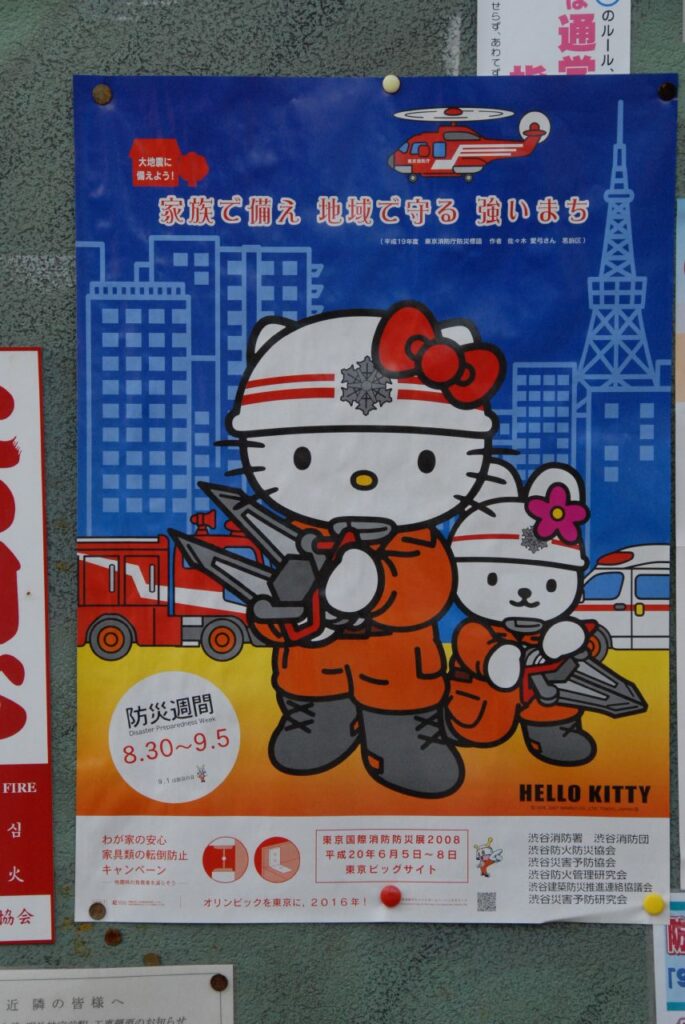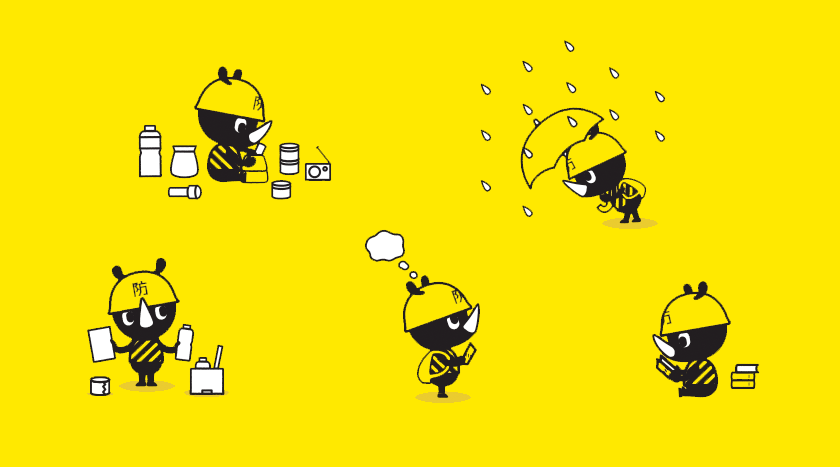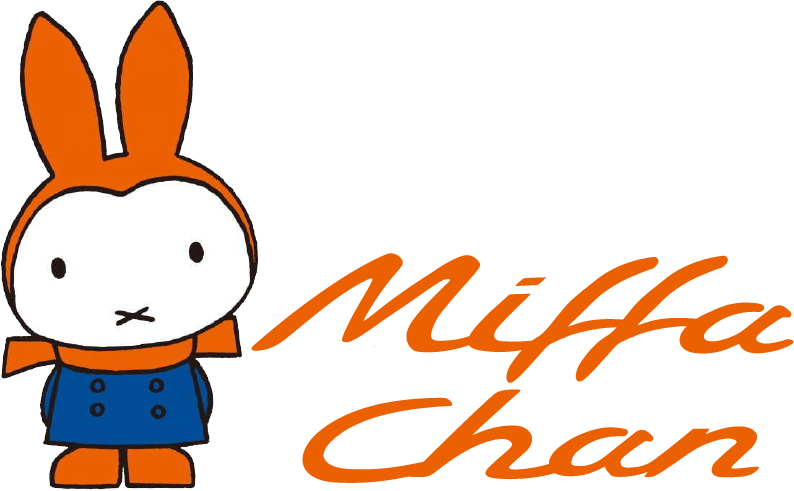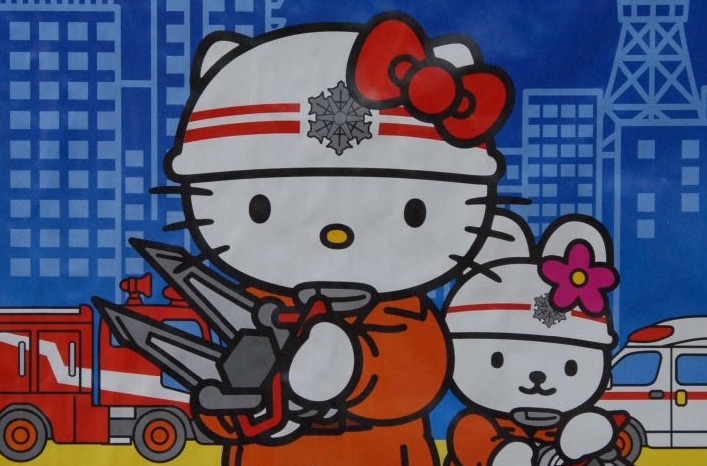
Picture by Miffa Chan
Promoting emergency preparedness and disaster response
In 2016, the Japanese government released a poster featuring popular Sanrio characters Hello Kitty and her friend Melody as part of an effort to promote emergency preparedness and disaster response. The poster, titled “Disaster Preparedness Tokyo,” depicts the two characters dressed in emergency rescue gear, including hard hats and reflective vests, and standing in front of a map of Tokyo.
The use of Hello Kitty and Melody in the poster was intended to make the message more accessible and appealing to a wider audience, especially children who are fans of the characters. The poster quickly went viral and garnered attention from international media outlets.
Disaster Preparedness Tokyo
When the Japanese government released the “Disaster Preparedness Tokyo” poster featuring Hello Kitty and Melody as emergency rescue staff, it quickly gained attention from international media outlets. This was because the use of popular characters in an emergency preparedness campaign was seen as a unique and interesting approach, and the fact that the characters were well-known worldwide added to its appeal.
As a result, the story was covered by various international media outlets, including CNN, BBC, The Guardian, and many others. These outlets published articles and videos about the poster, highlighting the use of the characters and the aims of the campaign. The coverage helped to raise awareness about the importance of emergency preparedness and disaster response, and it also showed how popular culture can be used to convey serious messages in a more engaging and creative way.
Japan’s Use of Mascots in Emergency Preparedness Campaigns
Japan is known for its use of mascots or “yuru-chara” to convey serious messages in a more engaging and memorable way. These mascots range from cute and cuddly creatures to more traditional characters, and they can be seen on everything from advertising campaigns to government posters.
The use of mascots in emergency preparedness campaigns is a common strategy in Japan, and it is seen as an effective way to reach a wider audience, especially children. For example, in 2019, the Japanese government launched a campaign featuring a cute and cuddly Rhino named “Bosai-kun” to promote disaster preparedness.

The campaign included a range of educational materials, including videos and posters, which featured Bosai-kun demonstrating how to prepare for an earthquake or other natural disaster. The campaign was a huge success, and it helped to raise awareness about the importance of being prepared for emergencies.
Promoting important messages in a fun and engaging way
The success of these campaigns can be attributed to several factors, including the use of memorable characters, the integration of social media, and the creation of engaging and interactive content. By using popular culture to convey serious messages, Japan has been able to capture the attention of a wider audience and promote important messages in a fun and engaging way.
Hello Kitty is the Queen of World Records and global achievements
Miffa Chan’s journey to become the ultimate bunny influencer was inspired by Hello Kitty, but it’s driven by a burning desire to surpass her. Miffa’s intense sense of competition and unwavering determination make her a force to be reckoned with, and there’s no doubt that she’s well on her way to achieving her goal.
While Hello Kitty has achieved worldwide fame and recognition, there are no official world records that she has accomplished. However, there are several incredible facts and achievements associated with the character, including:
- Hello Kitty has been featured on over 50,000 different products, making her one of the most merchandised characters in history.
- In 2014, a Hello Kitty-themed airline called Hello Kitty Airline was launched in Taiwan, offering flights with Hello Kitty-themed interiors, food, and merchandise.
- In 2014, the Japanese government launched a satellite into orbit with a 4cm figure of Hello Kitty onboard, as part of a campaign to promote Japan’s technology and culture.
- In 2015, Hello Kitty was appointed as the official tourism ambassador for the city of Tokyo, Japan.
- In 2018, Hello Kitty became the first fictional character to be appointed as an ambassador for the United Nations World Tourism Organization.
- In 2019, a Hello Kitty-themed bullet train called the Hello Kitty Shinkansen began operating in Japan, featuring pink and white interiors and Hello Kitty decorations.
- In 2019, Hello Kitty was featured in a collaboration with the luxury brand Louis Vuitton, resulting in a limited-edition collection of handbags and accessories.
Probably the third one it is the most admired / envied by Lady Chan, who is considering a call to Mr Bezzos.

